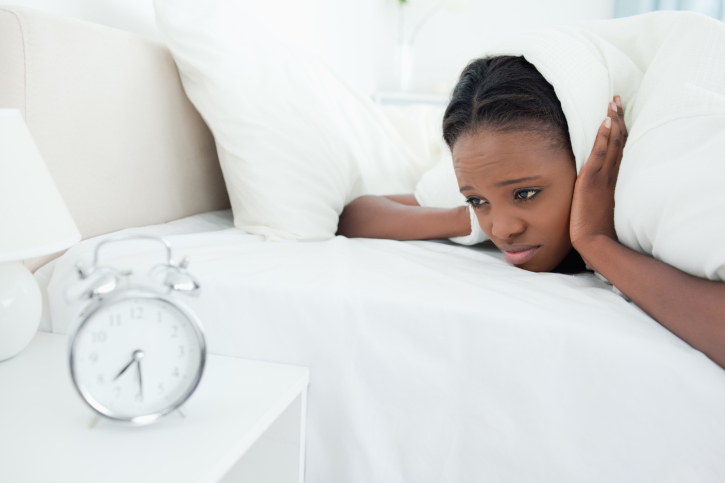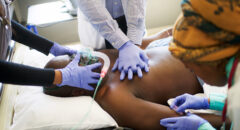
According to numerous heart-related studies, there is a significant link between heart failure and having poor-quality sleep. To make things worse, persons could find themselves in a harmful health cycle where continued poor sleep can worsen their heart failure.
If you’ve been diagnosed with heart failure or suspect you will be, it helps to know it can affect sleep and what to do about it.
The Link Between Heart Failure and Poor Sleep
Recent sleep studies were conducted with persons who were living with chronic heart failure. The results showed that up to 50% of those studied reported having poor quality sleep.
When doctors investigated these results further, they determined that poor sleep was the result of how inefficient heart function affects the respiratory system’s ventilation cycle.
In cases where the respiratory system is being affected, sleep apnea is the likely result. That means you’d be likely to stop breathing during sleep. Depending on the severity of the sleep disorder, you may not be aware that this happens. However, your partner might tell you that you’re snoring, coughing, choking, or gasping at night.
Other issues that could affect the sleep of persons with heart failure include insomnia, breathlessness when lying down (orthopnea), or periodic limb movement disorder (PLMD), which causes twitching when you’re trying to sleep. Chest pain can also make it hard to sleep at night.
Doctors urge persons with heart failure to work on sleeping well because the health impact of poor sleep has been widely documented. The emphasis is not only on the quantity of sleep but also on the quality.
That means apart from getting the recommended 7-9 hours of sleep, you should also stay asleep throughout the necessary sleep cycles.
The length of these cycles can vary but it’s essential that you achieve the last stage of deep sleep to get the full benefits of a good night’s sleep. Persons who aren’t sleeping well disrupt those cycles, which directly affects how well organs like the brain and heart function.
Tips For Getting a Better Night’s Sleep
Persons who are having trouble sleeping are advised to develop a personalized bedtime routine. Your routine would include making sure your bedroom is cool and dimly lit at bedtime.
It’s best to avoid using electronic devices before bed and don’t have heavy meals before it’s time to sleep.
To make sure you get the right amount of sleep, have a reasonably set bedtime. Before this time, make sure you’re taking steps to relax and get in the right frame of mind for restful sleep. Sleep experts often suggest doing relaxing exercises like yoga or meditation. Reading a book or listening to music can also help.

While you’re dealing with sleep complications from heart failure, it might not be easy to get to sleep and stay that way. If you keep waking up during the night, try a few more relaxation techniques to get back to sleep.
When to Call Your Doctor
If you’ve made changes to your bedtime routine and it’s had no effect, it’s time to talk to your doctor. Don’t be surprised if the doctor suggests that you do a sleep study or some other test to determine what’s affecting your sleep.
It’s a necessary step to pinpoint the cause of your restless nights so you get the right treatment. For example, the treatment for insomnia differs from that for sleep apnea.
Possible treatment options include devices or machines that can help with breathing at night. There may also be medications that are designed to combat insomnia or involuntary activity that makes sleep difficult.
It’s worth noting that while less than 3% of the population will be diagnosed with heart failure, the majority of those persons are likely to be African Americans. Additionally, black people are more prone to poor outcomes even after they have been diagnosed.
To keep your health in check, get your check-ups annually and talk to your doctor as soon as possible if you think heart failure is having a negative impact on the quality of your sleep.









